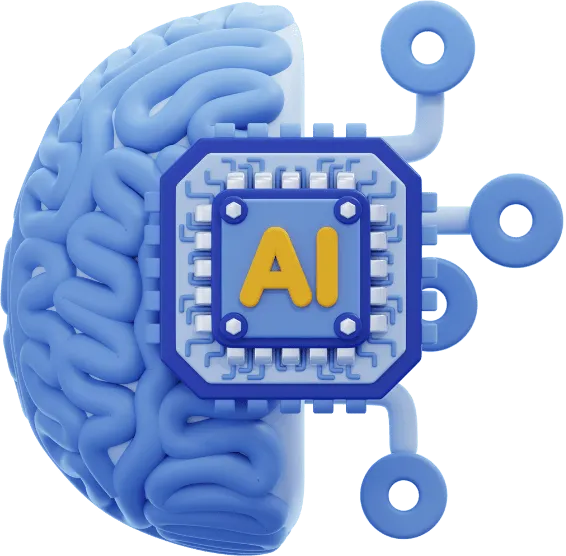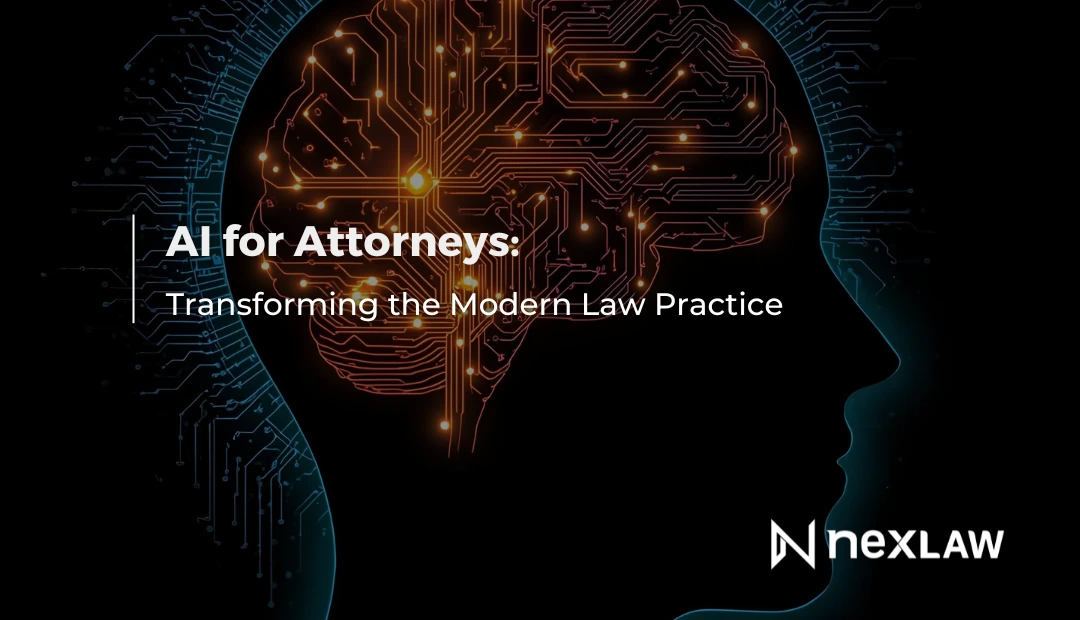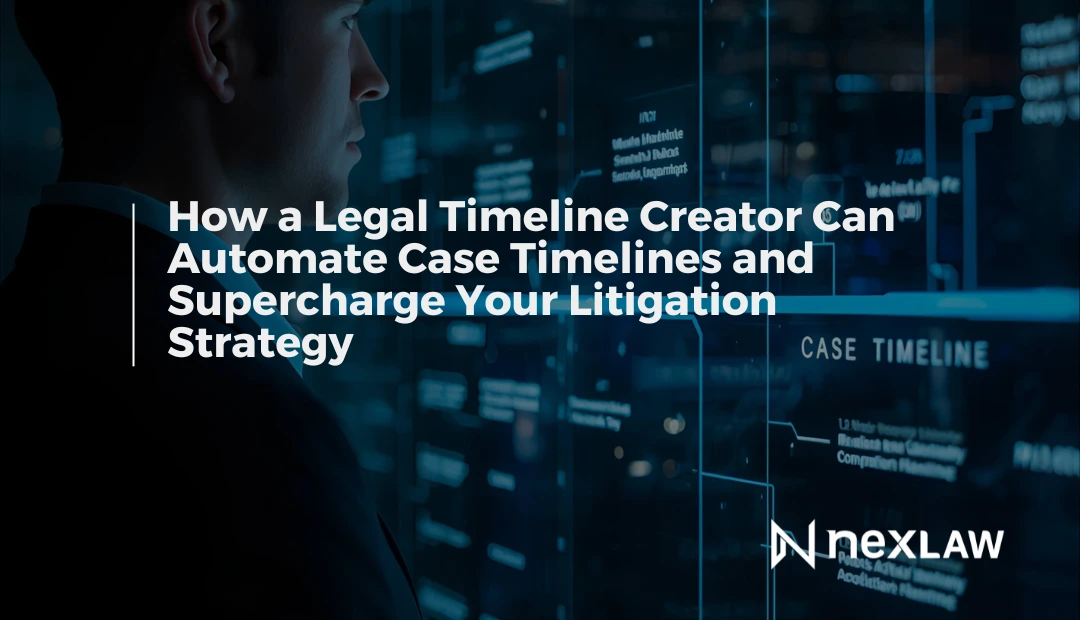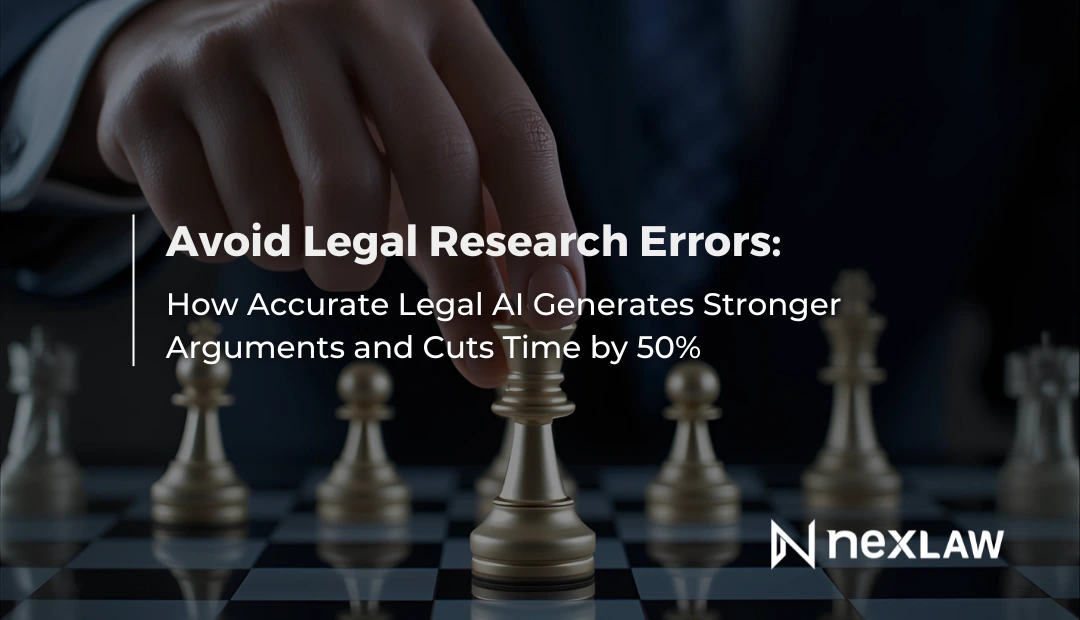What Is AI in Arbitration? Navigating Legal Challenges and Opportunities in U.S. Dispute Resolution
Legal Artificial intelligence (AI) is rapidly becoming a transformative force across all sectors and arbitration in the United States is no exception. The central debate is whether AI will eventually replace human roles in arbitration or at least reduce them to a minimum. In U.S. arbitration, this question is particularly pressing: Could AI serve as a tribunal secretary or even as an arbitrator, effectively substituting for human decision-makers? The conversation gained momentum following notable studies in 2016 and 2017, which demonstrated AI’s ability to predict judicial outcomes at the European Court of Human Rights and the U.S. Supreme Court, sparking widespread curiosity about the technology’s potential in legal decision-making.
Unlock Legal Insights Instantly
Real-World Disputes: AI as Both Subject and Tool
Recent arbitration cases in the U.S. illustrate AI’s dual role as both the subject of disputes and as a tool in the resolution process. For example, a company purchased an AI-powered sales platform with a guarantee to double revenue or provide a refund. When the results failed to materialize, the buyer sought a refund, but the provider refused. The dispute proceeded to arbitration for breach of contract; a scenario increasingly common as AI tools proliferate in business.
How AI Is Changing Arbitration Practice
AI is already reshaping arbitration in several significant ways:
Case Management

AI systems streamline administrative tasks, automate document review and assist with legal research, leading to substantial time and cost savings.
Predictive Analytics

AI tools can forecast likely outcomes in straightforward disputes, such as those involving debt collection or employment classification, where legal rules are clear and patterns are repetitive.
Expert Appointment

New rules, such as those from JAMS, allow parties to appoint AI experts to evaluate the quality of data or the effectiveness of AI tools at issue.
A recent Queen Mary University survey found that 90% of arbitration professionals expect to use AI for research, data analytics and document review, with 54% citing time savings as the primary benefit.
Benefits and Challenges of AI in Arbitration
| Benefit | Challenge/Risk | Key Insight |
|---|---|---|
| Efficiency & Speed | The “Black Box” Issue | 90% expect AI use in research |
| Cost Reduction | Data Bias | AI model costs down 280x (2022–2024) |
| Consistency in Simple Cases | Transparency | 54% cite time savings as main driver |
| Enhanced Data Analysis | Enforceability | 131 state AI laws enacted in 2023 |
The “Black Box” Dilemma
A core challenge in deploying AI as an arbitrator is the so-called “black box” problem. Advanced machine learning models often reach conclusions through processes that are opaque even to their developers. This lack of transparency is a major concern in U.S. arbitration, where due process and reasoned awards are foundational.
Is AI Arbitration Legally Viable?
Under the Federal Arbitration Act (FAA) and leading institutional rules, arbitrators are generally required to provide reasoned awards. The FAA refers to arbitrators as “persons,” raising questions about whether AI could legally serve as an arbitrator without legislative change. However, opacity is not unknown in arbitration, as awards may be confidential or even unwritten, suggesting that the black box problem, while significant, is not entirely new to the field.
When AI Succeeds and Fails
AI Text Messaging Dispute:
- A consumer brought an arbitration claim against a retailer for violating the Telephone Consumer Protection Act after receiving unwanted AI-generated promotional texts, despite revoking consent.
- The case highlighted the importance of procedural safeguards and the risks of AI errors.
Easy vs. Complex Cases:
- AI excels in “easy” cases with clear legal rules and repetitive facts, delivering quick, cost-effective decisions.
- However, in complex disputes requiring nuanced judgment, AI cannot replicate human empathy or discretion.
Regulatory Patchwork
The U.S. regulatory landscape for AI is evolving rapidly. In 2016, only one state-level AI law existed. By 2023, there were 49 and in 2024, 131 new state AI laws were enacted. This patchwork means the enforceability of AI-driven arbitration can vary significantly by jurisdiction, adding complexity for parties drafting dispute resolution clauses.
The Road Ahead: Explainable AI and Party Autonomy
Efforts are underway to make AI more transparent through “explainable AI” models, which provide not only results but also the reasoning behind them. However, greater transparency can sometimes reduce precision, creating a trade-off between accuracy and explainability.
Party autonomy is a cornerstone of U.S. arbitration law. Parties can agree to accept AI-generated decisions-even without traditional reasoning-if they so choose. This flexibility opens the door for innovative dispute resolution processes, provided parties are fully informed and consent to the use of AI.
Building Trust in AI Arbitration?
The Problem:

While AI offers efficiency and cost savings, it raises concerns about transparency, bias, and enforceability, particularly in complex cases.
The Solution:

The future of AI in U.S. arbitration lies in targeted, transparent use-leveraging AI’s strengths for case analysis, research and simple disputes, while maintaining human oversight for complex or high-stakes matters. Clear guidelines, informed party consent and strong data governance are essential to foster trust and ensure enforceability.
AI in U.S. Arbitration: Key Data
| Metric | Value/Insight |
|---|---|
| Arbitration professionals using AI | 90% |
| Professionals citing time savings | 54% |
| State-level AI laws in 2023 | 49 |
| State-level AI laws enacted in 2024 | 131 |
| AI model cost reduction (2022–2024) | 280x |
NexLaw AI: AI for Lawyers
As arbitration continues to evolve, selecting the right AI partner is crucial. NexLaw AI leads this transformation, offering solutions tailored to the U.S. legal landscape.
NexLaw AI’s platform combines advanced AI capabilities with deep legal expertise to maximize efficiency, ensure compliance with changing regulations and deliver transparent, explainable results. For U.S. businesses and legal professionals navigating the future of arbitration, NexLaw AI is the trusted partner for harnessing artificial intelligence to achieve fair, fast and effective dispute resolution.





.webp)




